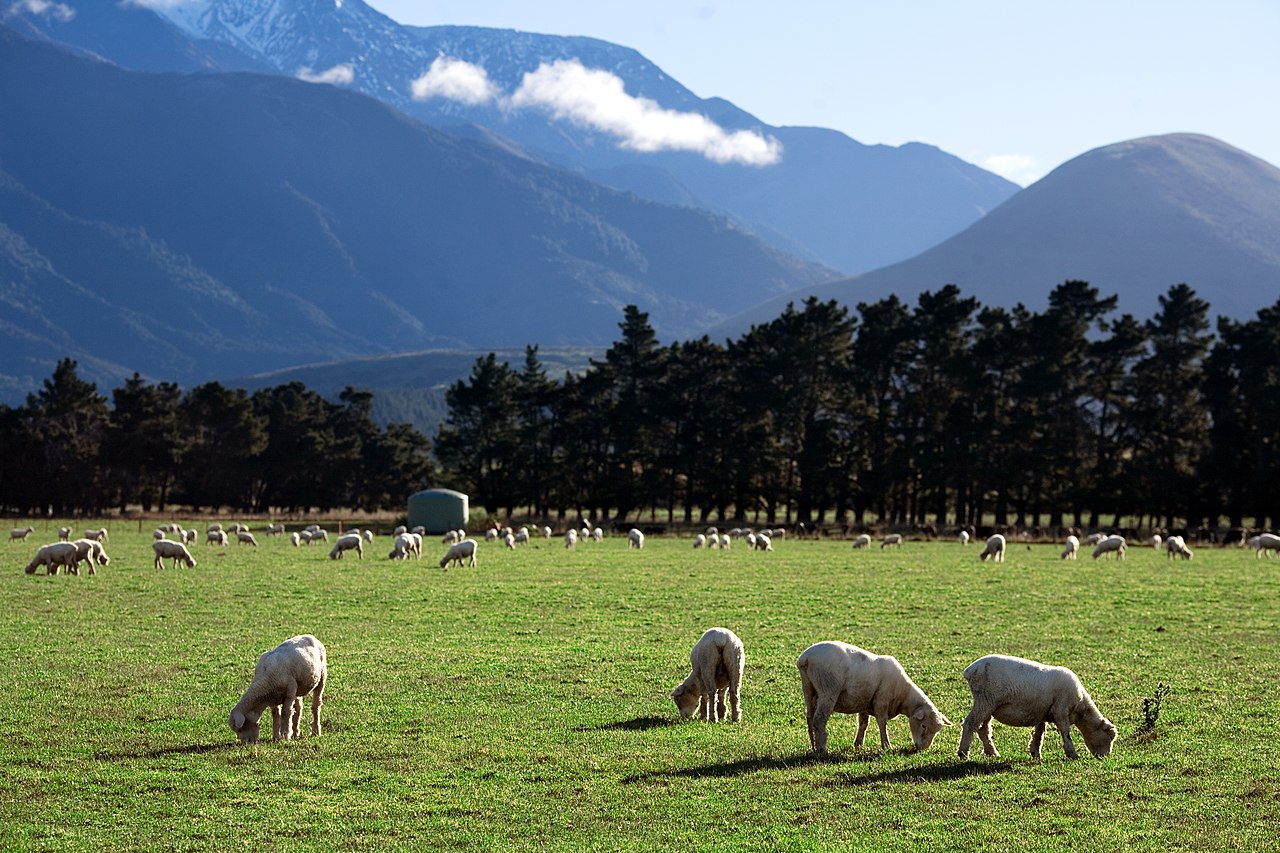
New research could improve traffic flow and benefit economy 
TRAFFIC No more waiting at a red light when there are no cars in sight - UC researchers are developing new technology that could cut traffic congestion and reduce the billions of dollars lost to delays each year. Smart Signals, an adaptive traffic signal control that is based on connected and autonomous vehicles (CAVs), uses live data from these driver-less vehicles – sharing their location, speed and direction – allowing traffic lights to predict when vehicles will arrive at an intersection. Dr Wai Wong, from Te Whare Wānanga o Waitaha | University of Canterbury (UC), is leading this new research and says the literature suggests about 30% of travel time could be saved when using CAV-based adaptive signal control. While CAVs can detect and share data on their surroundings, most human-driven vehicles remain unobservable, making real-time traffic estimation highly challenging. “The key innovation is considering a more realistic scenario where we have a mixed traffic environment, with CAVs and the conventional human-driven vehicles sharing the same network. The major challenges of this study are finding methods to estimate vehicle numbers and arrival times at intersections using incomplete information and adjusting traffic lights based on these uncertain estimates,” Dr Wong says. He says CAVs use their sensors (like cameras) to detect vehicles around them. When these connected vehicles share that information, it can also be used to estimate the presence and movement of nearby human-driven vehicles. “If we are able to estimate there are 10 cars coming from one side and one car coming from the other, we are going to give more green time to the approach with higher demand,” he says. The benefits go beyond cutting traffic congestion, and include environmental, economic and safety impacts. “A recent report showed the economic loss [of traffic congestion] in Auckland itself is 2.6 billion annually by 2026,” Dr Wong says. “Once we have more adaptive signal control that can be changed according to the demand, road capacity can be increased without the need for new major infrastructure. “With smoother traffic flow you don’t have to stop, which means lower emissions, cleaner air, and less respiratory disease. And because of smoother traffic, there is a lower chance of having a crash as well.” Dr Wong says that as advanced driving systems are being rolled out in countries such as the United States and China, and Tesla’s Full Self-Driving (Supervised) system is now available in Australia and New Zealand, more semi-autonomous vehicles are likely to arrive here soon. He says the system is being designed to work no matter how many CAVs are on the road - from just a few to all of them. “If the penetration rate (of CAVs) is 0, the system just falls back to fixed control or detector-based adaptive signal control, so it won’t do harm to the system. “In 10 to 15 years, if the penetration rate reaches around 20-30%, we should have a very efficient system with less stop-and-go, less traffic, cleaner air and more time for other activities such as more leisure time with family.” ( Source )






